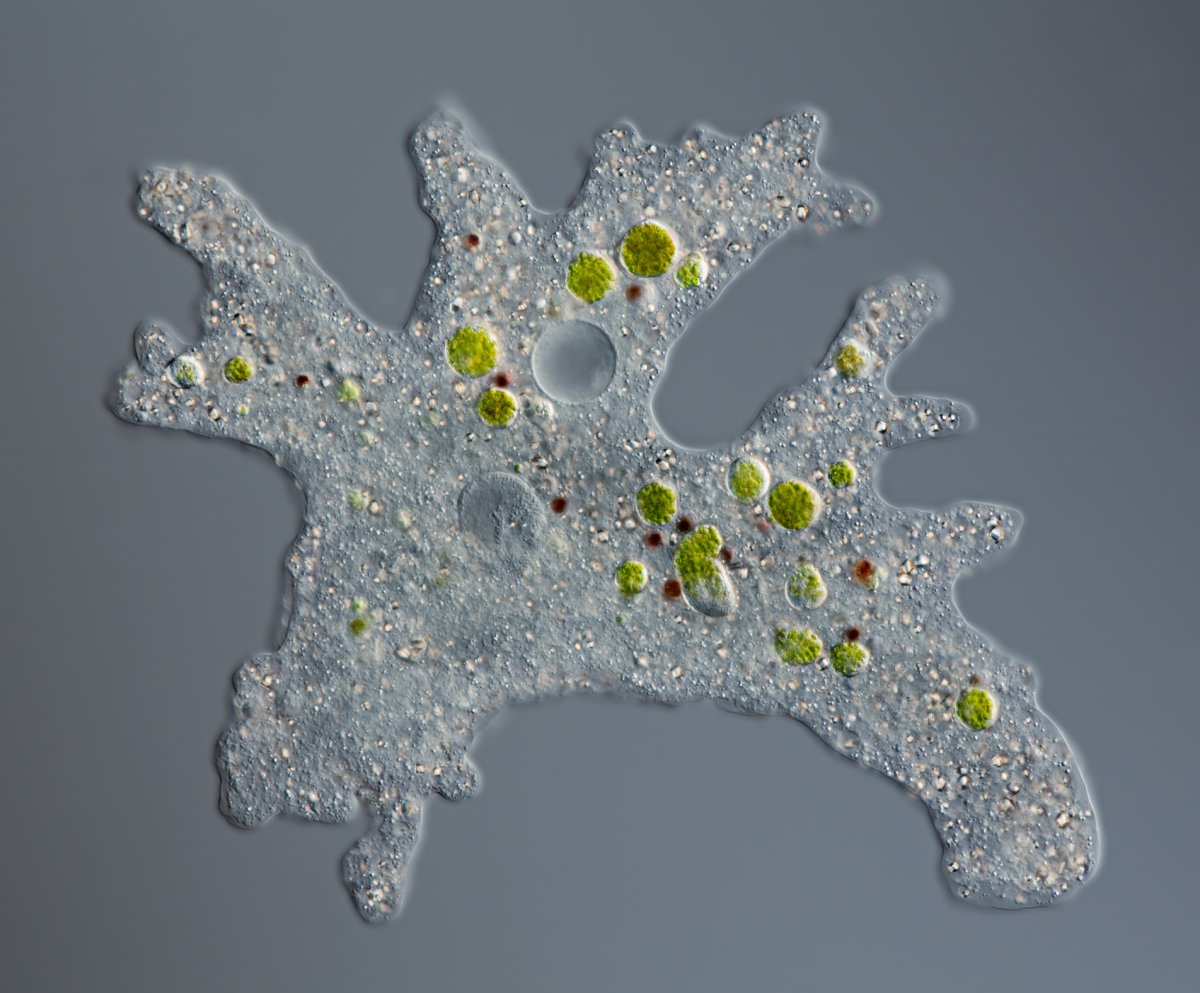A team of European scientists has revived a 48,500-year-old "zombie" virus from the Siberian permafrost.
Permafrost is land that has been continuously frozen for two or more consecutive years. Two years is the minimum; some areas in Siberia have been frozen for millennia, since the last Ice Age. However, as global temperatures continue to rise, this ancient soil is beginning to thaw.
As well as sequestering greenhouse gasses, permafrost contains an unexplored diversity of unfamiliar microbes, many of which, called extremophiles, are able to survive through extreme conditions.

The present research was conducted to gain a better understanding of the risks posed by these so-called "zombie" viruses. The study, authored by Jean-Michel Claverie and his colleagues at Aix-Marseille University in France (see full references below), was published in a pre-print paper, which is yet to be peer-reviewed.
But while these isolated strains do not directly infect humans, many onlookers have raised concerns about the risks these re-animated viruses might pose to public health.
The Claim
Hundreds of Twitter users have raised concerns about the research, stating that the revived viruses could open up a "Pandora's Box" of infectious disease—a play on the name of the oldest isolated virus, Pandoravirus yedoma.
"Please stop," said one user in response to a post shared by the New Scientist about the research. "Put it back and leave it alone."
"Because THIS is what you should be doing after 2 years of lockdowns, mental strain, death and all other," another user wrote, ironically.
"Hoow tf a zombie virus get buried in a frozen lake? 😭 and why did they dig it up? That doesn't even make sense," another user asked in a tweet garnering more than 6,000 likes.
How tf a zombie virus get buried in a frozen lake? 😭 and why did they dig it up? That doesn’t even make sense
— Qura (@Qurandale) November 29, 2022
In the wake of the COVID-19 pandemic, there is public concern about the idea of reviving ancient viruses, with social media posts warning of another pandemic gathering thousands of engagements.
But does this research really pose any risk to human health or humanity in general?
The Facts
The ancient viruses revived here only infect amoeba—you are more closely related to a sponge than to their host species, experts explained.
"Such viruses will never infect a human cell, because evolution of close to a billion years separates human cells from amoeba," Jean-Michel Claverie, professor of Genomics and Bioinformatics at the School of Medicine of Aix-Marseille University and director of the Mediterranean Institute of Microbiology, who led the study, told Newsweek.
"The accumulated differences in the functioning of human cells vs amoeba cells make these viruses incapable of infecting humans."

To revive the viruses, Claverie and his team added small amounts of each sample to lab cultures of amoeba and observed the replication of the viruses in these cells.
The viruses penetrate the host cell and use the cell's metabolism to make copies of themselves so that, when the host cell dies, hundreds, if not thousands, of these newly synthesized viral particles are released.
But if the viruses cannot infect humans, why are we spending time researching them?
"If amoeba viruses can survive that long in permafrost, this strongly suggests that animal/human-infecting could remain infectious in the same condition," Claverie said. "In addition, we know that the DNA [animal/human-infecting viruses] are detected in permafrost."
Today, fewer than 5 million people live in close proximity to the Arctic permafrost, according to past studies. But, as the planet warms, scientists and officials warn that the melting ice is going to open up new shipping routes and resource pools in the Arctic, meaning that more people will be at risk of coming into contact with these ancient pathogens.
"The public health risk is coming from the accelerated release of previously frozen viruses combined with increased human exposure, since global warming is also making Arctic areas much more accessible to industrial development," Claverie said.
The Ruling

False.
The viruses revived in the present study only infect amoeba. These single-celled organisms are so distantly related to humans that there is no risk of viral spillover between amoeba and ourselves.
However, the research does provide evidence that other viruses can be re-animated after lying dormant for thousands of years beneath the Arctic permafrost, indicating that the thawing of this frozen soil could potentially pose a serious threat to human health.
FACT CHECK BY NEWSWEEK
References
Rigou, S., Santini, S., Abergel, C. et al. Past and present giant viruses diversity explored through permafrost metagenomics. Nat Commun., October 7 2022 https://doi.org/10.1038/s41467-022-33633-x
Alempic, J, et al. An update on eukaryotic viruses revived from ancient permafrost, appeared on biorxiv.org on November 10 2022, https://doi.org/10.1101/2022.11.10.515937
Uncommon Knowledge
Newsweek is committed to challenging conventional wisdom and finding connections in the search for common ground.
Newsweek is committed to challenging conventional wisdom and finding connections in the search for common ground.
About the writer
Pandora Dewan is a Senior Science Reporter at Newsweek based in London, UK. Her focus is reporting on science, health ... Read more





